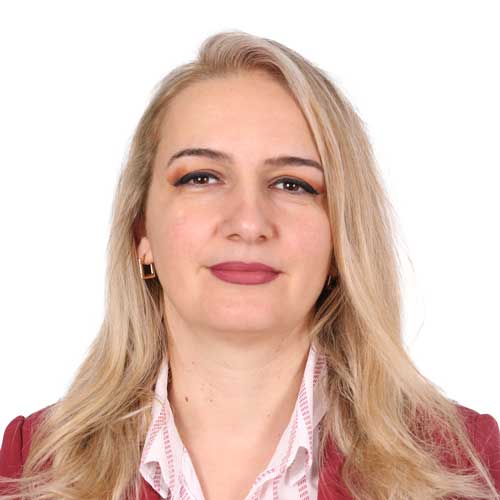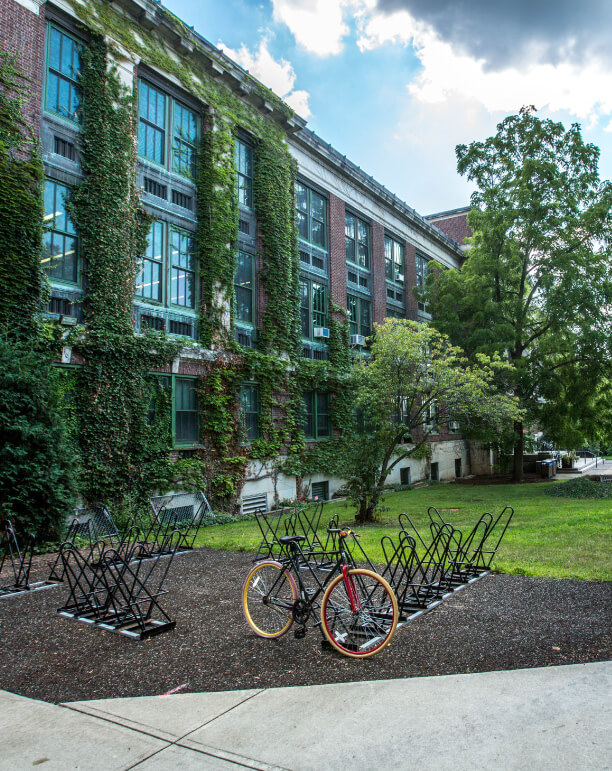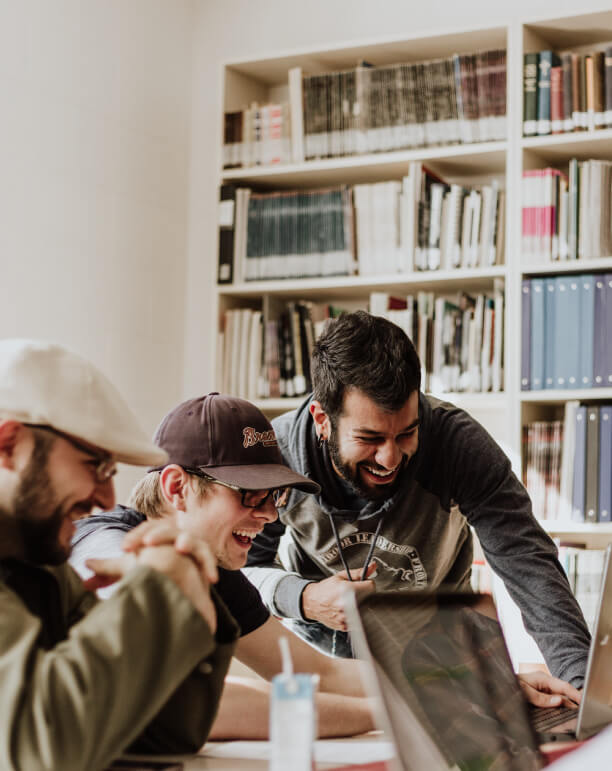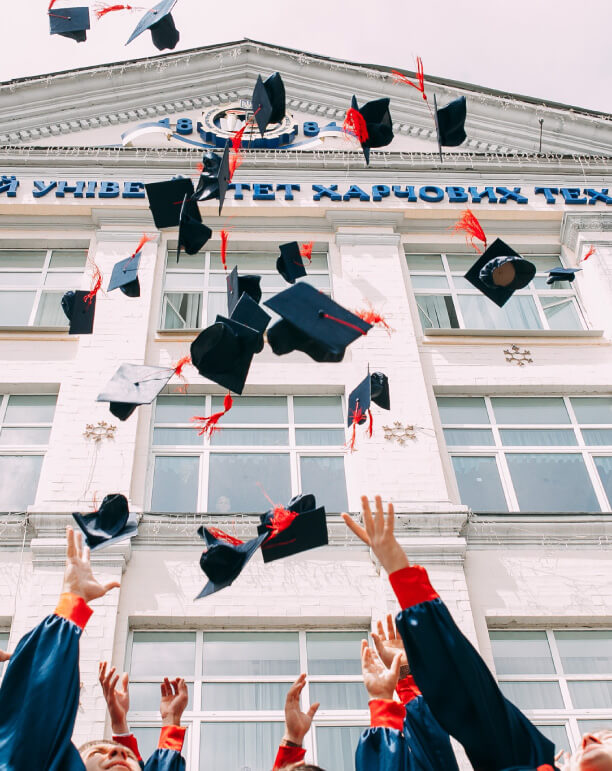Dean

Saranda Shatri
Dean
Dr. Saranda Shatri was born on February 11, 1983, in Prishtina, where she lives and carries out her academic and professional activities. She is a pedagogue and researcher specialized in the field of inclusive education and early childhood development. She completed her undergraduate studies in 2005 at the Faculty of Philosophy, Department of Special Pedagogy, University of Prishtina. In 2008, she successfully completed a Master’s program in Inclusive Education, developed in cooperation between the University of Prishtina and the University of Jyväskylä in Finland. She earned the title Doctor of Science in Pedagogy in 2018 from the Faculty of Social Sciences, University of Tirana.
Since the academic year 2014, she has been a full-time staff member at AAB College, initially serving as a professor and vice-dean and currently continuing as Dean of the Faculty of Social Sciences. Within this institution, she teaches pedagogical subjects and leads the “Child Care and Welfare” program. Since 2010, she has also been a part-time lecturer at the Faculty of Education – University of Prishtina, focusing on subjects related to inclusive education. She has substantial experience in preschool and primary education, having worked as an educator and as an inclusive teacher at the “Ismail Qemali” school in Prishtina, under the Ministry of Education, Science, and Technology.
Dr. Shatri is a certified trainer in child-friendly school standards, reading and writing assessment, and inclusive education approaches. She has collaborated on projects with organizations such as Save the Children, FSDEK, and the Kosovo Pedagogical Institute.
Scientific work:
She is the author of numerous scientific articles published in peer-reviewed and internationally indexed journals, including Scopus. Her most notable publications include:
Shatri, S., & Thaçi, B. (2024). Factors in preventing violence in schools. Scientific Herald of Uzhhorod University Series “Physics”, 55, 1072–1080. https://doi.org/10.54919/physics/55.2024.107bp2
Saliu, H., Rexhepi, Z., Shatri, S., & Kamberi, M. (2022). Experiences with and risks of internet use among children in Kosovo. Journal of Elementary Education, 15(2), 145–164. https://doi.org/10.18690/rei.15.2.145-164.2022
Shatri, S. (2017). The impact of trainings and experience on teachers’ attitudes towards the inclusion of children with special educational needs in the ordinary and comprehensive schools. Academic Journal of Interdisciplinary Studies, 6(3), 57–66. https://doi.org/10.1515/ajis-2017-0021
Shatri, S. (2023). Examining the impact of face-to-face, online, and hybrid learning on students’ motivation to learn. Youth Voice Journal, Vol. 2. https://www.rj4allpublications.com/product/examining-the-impact-of-face-to-face-online-and-hybrid-learning-on-students-motivation-to-learn
As well as other internationally recognized publications in the field of education.
She possesses advanced skills in teaching methodology, curriculum design, scientific research, and academic leadership. She is fluent in Albanian (native language), English, and Serbo-Croatian. She is also proficient in the use of technological tools such as Word, Excel, PowerPoint, and educational platforms.
- +383 38 600 005
- [email protected]















